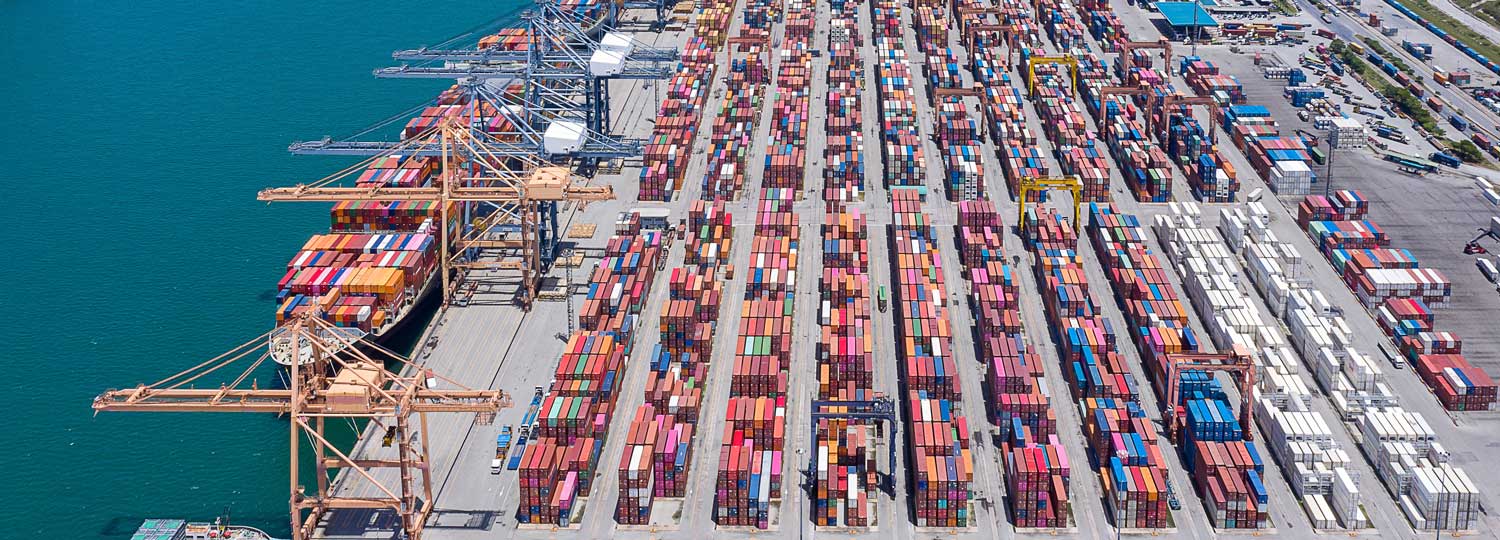|
DR. Christopher Zambakari, B.S., MBA, MIS, LP.D., PHF Founder & CEO, The Zambakari Advisory Hartley B. and Ruth B. Barker Endowed Rotary Peace Fellow Assistant Editor, Bulletin of The Sudan Studies Association  Credit: UNIKYLUCKK/Stutterstock Credit: UNIKYLUCKK/Stutterstock In our Spring 2023 Special Issue: “The Great Power Competition in Eurasia,” we invited experts, including Ambassador Charles W. Freeman Jr., to analyze the historical context of the Ukraine conflict. We examine the role of the U.S.-led NATO alliance, China's emergence, and more. Freeman, a former U.S. assistant secretary of defense and diplomat, warns against military-centric diplomacy. His Q&A, 'Ukraine, China, and the Global Failure of US Policy,' explores nuclear risks and the need for global partnership. Freeman fears the worst, if the U.S. doesn’t turn its focus away from military prowess and territorialism and, instead, concentrate on being a better world partner. The world is at a crossroads, and the decisions made by global powers like the United States, China, and Russia will determine the course of international relations for years to come. One issue that is currently at the forefront of these discussions is the war in Ukraine, which has created growing tensions between the US and Russia while China seems to be leaning towards Russia. Former US Ambassador Chas W. Freeman Jr. has been a vocal critic of US foreign policy in recent years, and his views shed light on the complexities of this situation.
To understand the current state of affairs, it's important to first look at the historical context of US-Russia and US-China relations. The United States and Russia have had a tumultuous relationship since the end of the Cold War, with disagreements over issues like NATO expansion, missile defense, and human rights. Meanwhile, the US and China have also experienced their fair share of tensions, from the Tiananmen Square protests to the ongoing trade war and the growing hostilities over Taiwan. One of the biggest challenges facing the international community today is finding common ground on issues like the war in Ukraine. The mainstream framing of this conflict is that it began in 2014 when Russia annexed Crimea and began supporting separatist rebels in eastern Ukraine. The US and its European allies have imposed economic sanctions on Russia in response, while also providing military aid to Ukraine. However, Ambassador Freeman has argued that this narrative oversimplifies the situation and ignores the broader historical context. In his view, the US and its European allies bear some responsibility for the conflict due to their support for the 2014 Maidan revolution in Ukraine, which overthrew a pro-Russian government. He also believes that the West's insistence on integrating Ukraine into NATO and the EU is a provocation to Russia, which sees Ukraine as within its sphere of influence. Meanwhile, China's rapprochement with Russia has further complicated the situation. The two countries have strengthened their economic and military ties, with China investing in Russian energy projects and participating in joint military exercises. Some experts see this as a strategic move by China to counterbalance the US, while others see it as a way to gain access to Russia's natural resources. So, what is the best way forward? Some argue that the US should take a more conciliatory approach towards Russia and China in order to find common ground on issues like Ukraine and Taiwan. This could involve lifting economic sanctions on Russia and engaging in more constructive dialogue with China. Others, however, believe that the US should take a tougher stance against these countries to defend its interests and values. This could involve providing more military aid to Ukraine, strengthening alliances with other countries in the region, and increasing military presence in the South China Sea. Ultimately, the key to resolving these conflicts may lie in finding creative solutions that acknowledge the concerns of all parties involved. This could involve offering Russia assurances that NATO expansion will not continue, while also recognizing its legitimate security concerns. Similarly, it could involve finding ways to address China's concerns over Taiwan while also upholding the principles of democracy and self-determination. In conclusion, the war in Ukraine and the growing hostilities between the US and China are complex issues that require nuanced and thoughtful solutions. While there are no easy answers, it's clear that finding common ground and pursuing diplomacy is the best way forward. As Ambassador Freeman has noted, "The world is a complex place, and we need to approach it with humility, respect, and a willingness to listen and learn." By doing so, we can hope to create a more peaceful and prosperous world for future generations. About the Author Christopher Zambakari holds a Doctor of Law and Policy degree from Northeastern University and is chief executive officer of The Zambakari Advisory. He is a Hartley B. and Ruth B. Barker Endowed Rotary Peace Fellow, and the assistant editor of The Bulletin of the Sudan Studies Association. His area of research and expertise is international law and security, political reform and economic development, governance and democracy, conflict management and prevention, and nation- and state-building processes in Africa and in the Middle East. His work has been published in leading law, economic, and public policy journals.
0 Comments
Leave a Reply. |
Be our guest.
Interested in being featured on our blog? We'd love to hear from you. Find out more. ARCHIVES
May 2024
CATEGORIES
All
|
Copyright © 2023 The Zambakari Advisory - Privacy Policy
Our site uses cookies to improve your experience. You can control cookies by adjusting your browser or device settings.
If you continue without changing your settings, we assume that you are happy to receive all cookies.
If not, please feel free to opt out here.
SEO by Qasim Khilji
Our site uses cookies to improve your experience. You can control cookies by adjusting your browser or device settings.
If you continue without changing your settings, we assume that you are happy to receive all cookies.
If not, please feel free to opt out here.
SEO by Qasim Khilji
